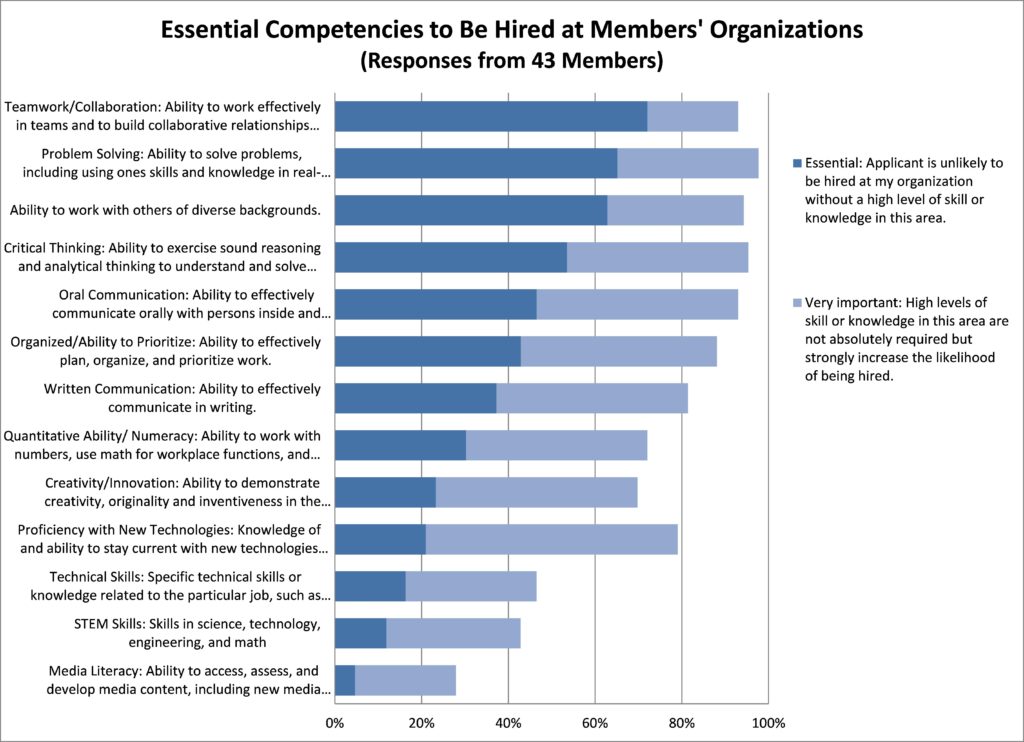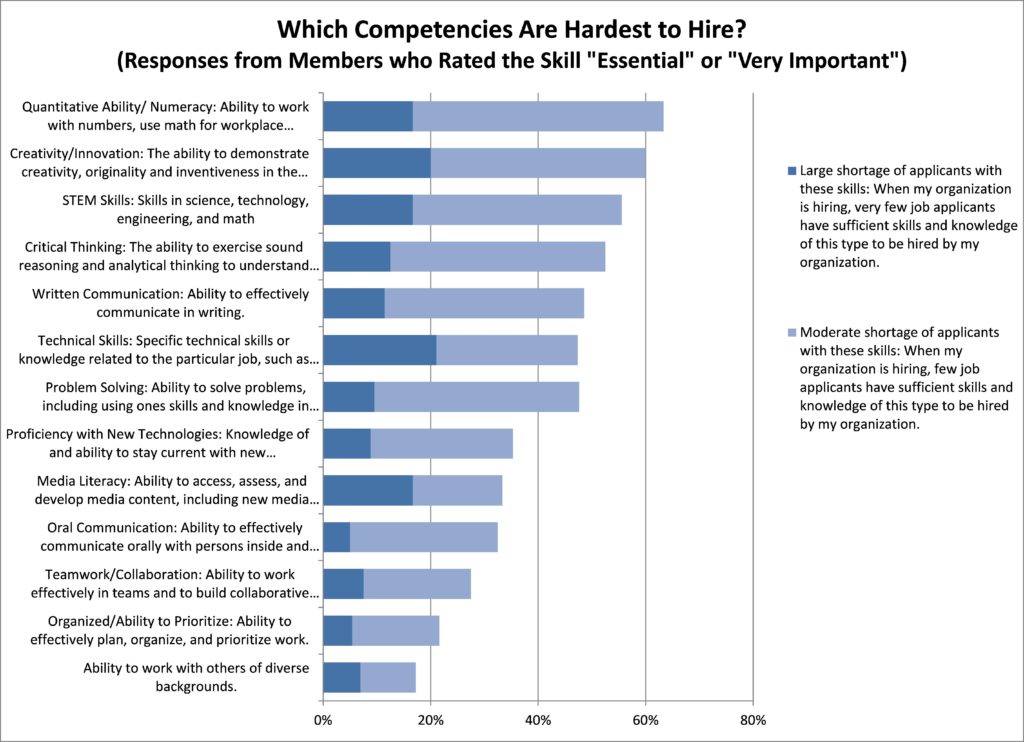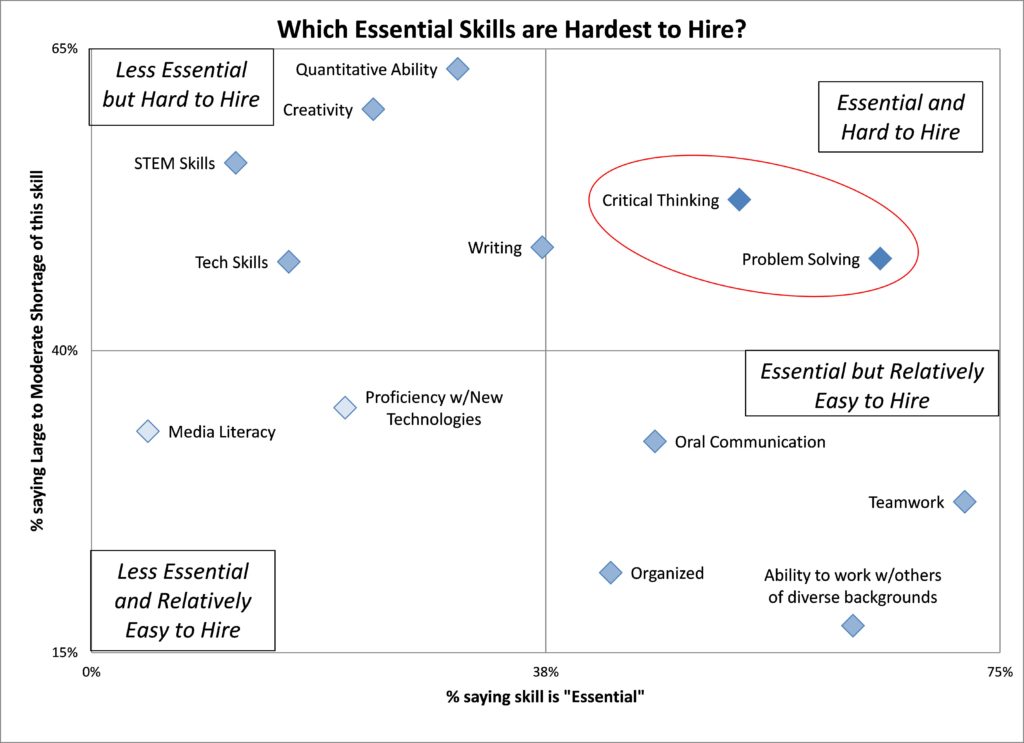It is a few months ago, and I am at a frat party watching a rather riveting game of beer pong (just kidding – they’re all the same), when I am pulled into a conversation with a friend of a friend. He introduces himself and I do the same. Then comes the obvious, “What’s your major?”
“English,” I relay, bracing myself for what is sure to come next.
“Oh.” The guy looks unimpressed. “Hard,” he says, sarcastically widening his eyes for emphasis.
“But…you– you don’t…that’s kind of unfair,” I stumble over my words because I never have a great response to such bold condescension.
This happened to me at a frat party of all places. Is there no place this English major is safe?
This semester, I have been struggling a bit trying to understand why I chose my current academic route. I always tell people, well, I wanna go to medical school, and you can major in anything to do that, and I’ve always loved reading and writing. I’m taking all of the pre-med prerequisites while learning more about writing, so that one day I can be an OB/GYN who writes books on the side. Even after this explanation, and a trace of a shadow of understanding comes over the skeptic’s face, sometimes I am still affronted with responses like, “Yeah, you could write medical journals!” This isn’t exactly what I had in mind.
Why can’t I be a physician who, in her spare time, writes novels about stalkers and coming-of-age books and fantasy novels with the same level of metaphorical detail as N.K. Jemisin? Why do the two have to be intertwined? (I mean, they are, in a more indirect sense, but I will get into that later.)
I believe it was on the very first day of Dr. McCoy’s class that she presented us with a few articles highlighting employer-sought skills, almost all of which mentioned can be gained from the English major. Little did I know that this would spark my interest in the quest to find new meaning in the English major, something I did throughout the semester, subconsciously, for the most part. Now, on the day of our last class meeting, I drudge up these articles again, and present these charts from one in particular:



Way back in the beginning of the semester, I approached Dr. McCoy after our first class period to ask for the links to these articles. In my mind, I finally had proof of the usefulness of my major to which I had tied a precious bundle of self-worth. Additionally, my thought process nowadays centers almost exclusively on getting into medical school, so my mind began to run wild with my new array of potential interview responses.
Just about a month after the beginning of this search for meaning, I visited the Center for Integrative Learning, albeit solely for the promise of extra credit, which jumpstarted the spark in my interest of what more the English major could offer me, and what more I could offer to the world in just a little over a year with my newly equipped English major. At the Center, I recorded a short video of my thoughts on cross-disciplinary learning for Dr. Smith, as well as what I had pegged as “The Connection Between Rocks and Social Justice”, which I turned into my first blog post. I thought I had found the “right” answer to Dr. McCoy’s all-encompassing question in this post, and I wrote my midterm essay as a continuation of this “correct” answer. However, as I babbled on in that recording at the CIL, I remember thinking about all the different directions I could go with the wisp of a thread with which I started. I had grown all too accustomed to focused writing on a single, outlined, safe subject, that I was barely aware conversational writing existed. Dr. McCoy guided me in the direction I needed to go in order to improve my conversational writing, a style in which I believe one of my last blog posts, “The Planet is Fine”, shows significant improvement.
Along the lines of progress, or at least, what should have been progress, while I procrastinated the rust out of my assigned blog posts this semester, writing only one in October and pretty much submitting the rest all at once within a few days of the due date, I wrote a fairly respectable (in my opinion) number of extra credit papers that totaled almost as many blog posts as I was supposed to be writing within this timespan. I know— ridiculous. Go figure. I had a concrete due date for each extra credit paper, so I found the time to do the work, whereas the deadlines of the blog posts were floating, so I did not. I think it must also be considered that the public status of the blog posts fazed me a bit, whereas I handed my extra credit papers directly to Dr. McCoy (or to her mailbox), who I thought at the time would be the only person who would read them (she asked for my permission to share a few of them with the subjects about whom I had written, and I consented). Thinking about it now, I don’t think I have ever been embarrassed to submit my work to any teacher or mentor because I know that these individuals are going to give me constructive criticism no matter what — it’s their job. My issue with the blog was that anyone could read my writing, and when I really thought about who “anyone” was, I did not like it. “Anyone” includes all the people who I’ve ever been insecure around, my middle and high school English teachers who had faith in me, teachers to whom I want to prove they didn’t waste their time, all of those from my hometown who may be wondering what I am up to now, any and all of my colleagues I feel competitive around, and even more. So, in short, my hesitance to post came down to insecurity, mirroring my views on my major.
Anyway, the point I am trying to make in bringing this up is that, in my case, I may be able to see progress in my extra credit papers more so than my blog posts. The prompt for each assignment was the same. Our class was told to link the lecture or event we went to with the course content in a meaningful way. Because the prompt was unchanging, I had to get creative at times to relate such seemingly disparate topics. With each paper I wrote, I struggled a little less to find this connection, this “through line”, as Dr. McCoy calls it, and I gained a slightly better understanding of interdisciplinary studies. The more I wrote, the more I became entrenched in the idea that being an English major affords me the opportunity to write something for more than the pride of having my name on something superficially popular and/or published. I became more in tune with conversational writing, something with which I was unfamiliar before the start of the semester. I learned more about writing to figure out what I want to say, as well as incorporating other fields into my writing in order to challenge myself and others to think on a deeper level about the connectivity of all fields.
The cross-disciplinary skills I have learned this semester and the ability to make connections has already allowed me to make some associations between both current and past courses. In my sociology of medicine course this semester, we read a book called God’s Hotel, by Victoria Sweet, a physician. Sweet had applied to work at Laguna Honda Hospital in San Francisco, partly because of the hospital’s flexibility with physicians having other interests than medicine. There is one part in the book I distinctly remember in which the interviewer mentioned to Sweet that the hospital employed many part-time physicians who partook in other seemingly full-time specialties on the side. Sweet’s interviewer assured her that “She had doctor-musicians, doctor-sculptors, doctor-physicists, and doctormothers.” Reading about this ability to have dual major interests helped me better understand my reasoning for my own major(s) and also gave me an encouraging boost when it comes to pursuing my own dreams just the way I want, without submitting to every piece of advice I am ever given, however well-meaning.
I think that before the beginning of the semester, my routine response to English major skeptics reflected my insecurities with the major. I was validating others’ ideas that it is “easy”, implicating that I could keep a higher GPA as an English major rather than a STEM major— that anyone could. However, this semester, Dr. McCoy has challenged my ideas of my major. It is much more than grammar. It is much more than writing something just passable enough for a deadline. Through our analysis of Jemisin’s work, I can more clearly see now how the English major really bridges the gap between so many fields. It’s in the name — it’s a humanity. The English major reminds us all of our most basic human qualities because of the way it allows us to relate to one another.
